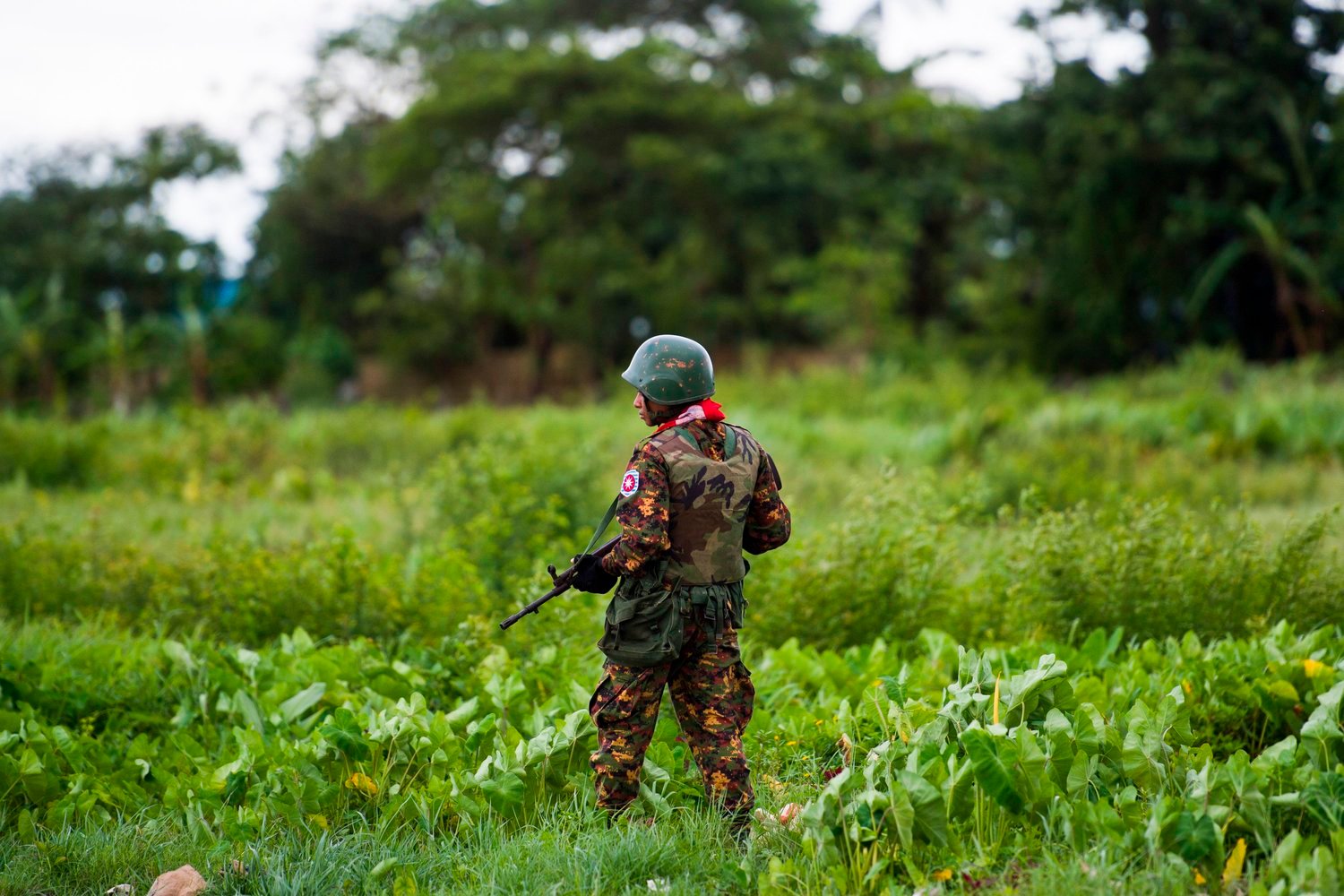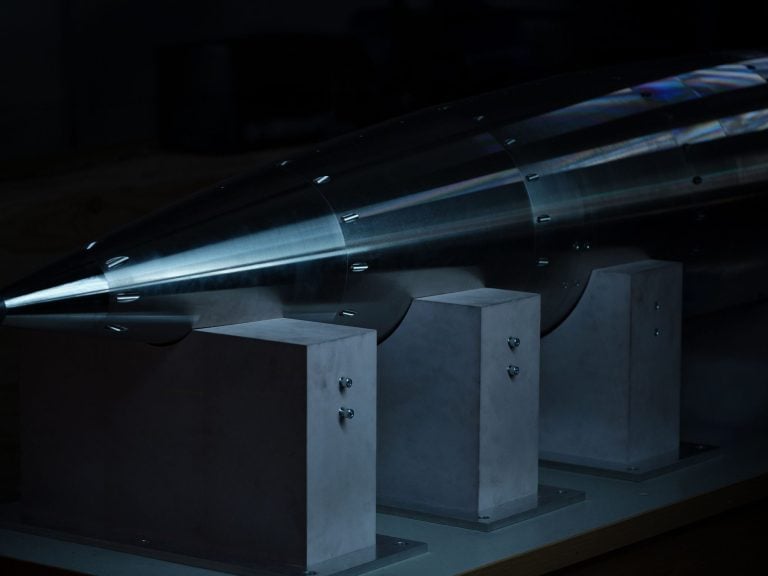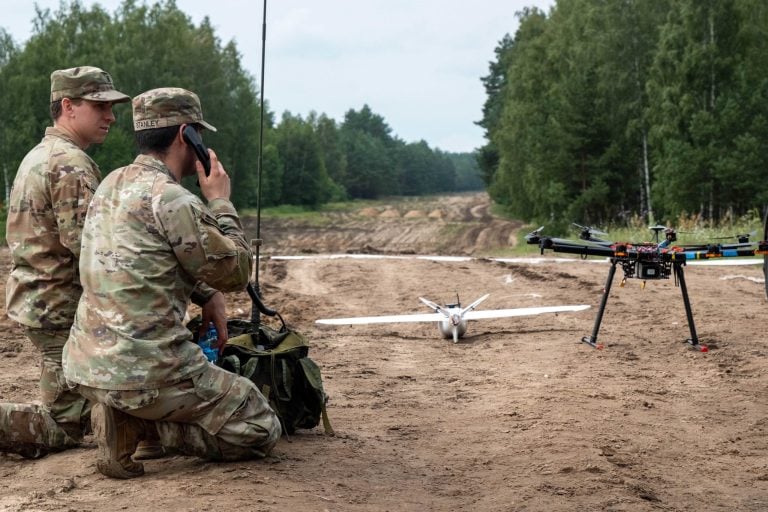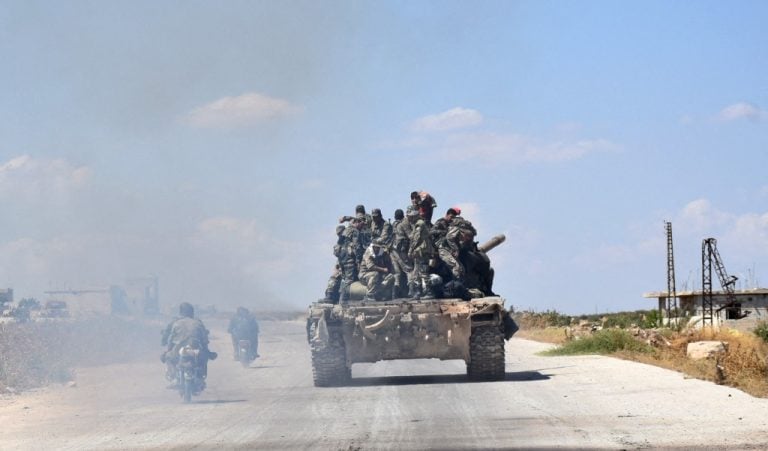An investigative organization, Conflict Armament Research (CAR), has unveiled findings that suggest military forces in Myanmar are utilizing advanced European anti-jamming technology in their drones, all while circumventing EU sanctions. CAR’s research has pinpointed sophisticated Global Navigation Satellite System (GNSS) navigation modules featuring built-in anti-jamming capabilities, which were recovered from downed unmanned aerial vehicles (UAVs) in eastern Myanmar.
These advanced components have been integrated into modified quadcopters and hexacopters, repurposed for combat operations by the Myanmar military. Notably, CAR discovered that the technology was originally dispatched to a commercial firm located near the border of China and Myanmar. However, within weeks, these components were redirected to the State Administration Council, the military junta that seized power in the nation following a coup in 2021. This diversion occurred despite the commercial entity signing a declaration prohibiting the use of the items for military purposes.
This situation reflects a broader trend that CAR has been monitoring, in which sanctioned entities gain access to commercial components to enhance or construct weaponry. The ongoing civil war in Myanmar, which has been marked by violence between the ruling junta and various opposition groups for the past four years, has raised serious international concerns about the continuous influx of foreign arms to the military, even in the face of sanctions.
In a related development, UN experts recently criticized the United States for its decision to lift sanctions on certain individuals and companies providing military support to Myanmar. They warned that this move could potentially embolden the military junta and its allies further. A 2022 UN report corroborated these concerns, indicating that countries such as Russia and China have maintained a steady supply of military hardware, including fighter jets and armored vehicles, to the Myanmar military. Additionally, Serbia reportedly authorized exports of military-grade rockets and artillery to the region.
The findings presented by CAR underline the complexities and challenges of enforcing sanctions in conflict zones, highlighting the ongoing struggle to curtail the military’s access to advanced technologies that enhance its capabilities in a protracted civil conflict.







